The Future Of Performance And Efficiency: Exploring The 2025 Corvette ZR1’s Fuel Economy
The Future of Performance and Efficiency: Exploring the 2025 Corvette ZR1’s Fuel Economy
The Future of Performance and Efficiency: Exploring the 2025 Corvette ZR1’s Fuel Economy
Introduction
With enthusiasm, let’s navigate through the intriguing topic related to The Future of Performance and Efficiency: Exploring the 2025 Corvette ZR1’s Fuel Economy. Let’s weave interesting information and offer fresh perspectives to the readers.
Table of Content
The Future of Performance and Efficiency: Exploring the 2025 Corvette ZR1’s Fuel Economy

The 2025 Chevrolet Corvette ZR1, anticipated to be a pinnacle of performance and technological innovation, is poised to redefine the landscape of high-performance sports cars. While the exact specifications are yet to be officially revealed, industry experts and enthusiasts alike are eagerly speculating about its fuel efficiency, a crucial factor in the modern automotive landscape.
Understanding the Dynamics of Fuel Efficiency in High-Performance Vehicles
Achieving optimal fuel economy in a vehicle designed for exhilarating speed and power presents a unique set of challenges. The inherent trade-off between performance and efficiency is a fundamental principle in automotive engineering. To deliver the raw power and responsiveness demanded by enthusiasts, high-performance vehicles often utilize larger engines, sophisticated drivetrains, and lightweight materials, all of which can impact fuel consumption.
Factors Influencing the 2025 Corvette ZR1’s Fuel Economy
Several factors will likely influence the 2025 Corvette ZR1’s fuel efficiency:
- Engine Technology: The choice of engine technology, including displacement, cylinder count, and the presence of forced induction (turbochargers or superchargers), will significantly impact fuel economy. The ZR1 is expected to feature a powerful, potentially hybridized engine, which could strike a balance between performance and efficiency.
- Transmission and Drivetrain: A sophisticated transmission with multiple gears, capable of maximizing engine efficiency across different speeds, is crucial for fuel economy. The ZR1 may incorporate an advanced dual-clutch transmission or a continuously variable transmission (CVT) for optimal gear selection.
- Aerodynamics: Streamlined bodywork and aerodynamic features, like active spoilers and diffusers, can reduce drag and improve fuel efficiency, especially at higher speeds.
- Weight Optimization: Utilizing lightweight materials, such as carbon fiber, for key components can contribute to improved fuel economy by reducing the overall vehicle weight.
- Hybrid Technology: The inclusion of hybrid technology, such as a mild-hybrid or plug-in hybrid system, could significantly enhance fuel economy by providing electric assistance during acceleration and regenerative braking capabilities.
Projected Fuel Economy and Potential Benefits
While precise figures remain under wraps, industry analysts anticipate the 2025 Corvette ZR1 to achieve respectable fuel economy for its performance class. The use of advanced engine technology, hybrid systems, and lightweight materials could potentially result in a significant improvement compared to previous generations.
The potential benefits of improved fuel economy in the 2025 Corvette ZR1 are multifaceted:
- Reduced Fuel Costs: Lower fuel consumption translates to reduced operating expenses for the owner, making the ZR1 more accessible for everyday driving.
- Environmental Sustainability: Improved fuel economy contributes to reduced greenhouse gas emissions, aligning with growing environmental consciousness in the automotive industry.
- Enhanced Performance: While counterintuitive, improved fuel economy can sometimes be achieved through optimized engine efficiency, potentially leading to a more responsive and powerful driving experience.
FAQs about 2025 Corvette ZR1 Fuel Economy
Q: Will the 2025 Corvette ZR1 offer any hybrid options?
A: While official confirmation is pending, the possibility of a hybrid system, either mild or plug-in, is highly speculated. Such a system would enhance fuel economy and potentially offer a more engaging driving experience.
Q: How will the 2025 Corvette ZR1’s fuel economy compare to its predecessors?
A: Given the advancements in engine technology and the potential inclusion of hybrid systems, the 2025 Corvette ZR1 is expected to achieve significantly better fuel economy than previous generations.
Q: What are the expected EPA fuel economy ratings for the 2025 Corvette ZR1?
A: Specific EPA ratings are not yet available. However, based on industry trends and projected technologies, the ZR1 could achieve a combined fuel economy rating in the low to mid-twenties mpg, a respectable figure for a high-performance vehicle.
Tips for Maximizing Fuel Economy in the 2025 Corvette ZR1
- Driving Habits: Adopting fuel-efficient driving practices, such as avoiding aggressive acceleration and braking, can significantly impact fuel consumption.
- Tire Pressure: Maintaining optimal tire pressure can improve fuel economy by reducing rolling resistance.
- Regular Maintenance: Ensuring regular maintenance, including oil changes and tune-ups, can help optimize engine efficiency and fuel economy.
Conclusion
The 2025 Corvette ZR1 represents a significant evolution in the world of high-performance sports cars. Its anticipated fuel economy, achieved through a combination of advanced engine technology, hybrid systems, and weight optimization, will not only reduce environmental impact but also enhance the vehicle’s overall practicality and accessibility. As the automotive industry continues to prioritize sustainability and efficiency, the 2025 Corvette ZR1 demonstrates the potential for merging exhilarating performance with responsible fuel consumption.
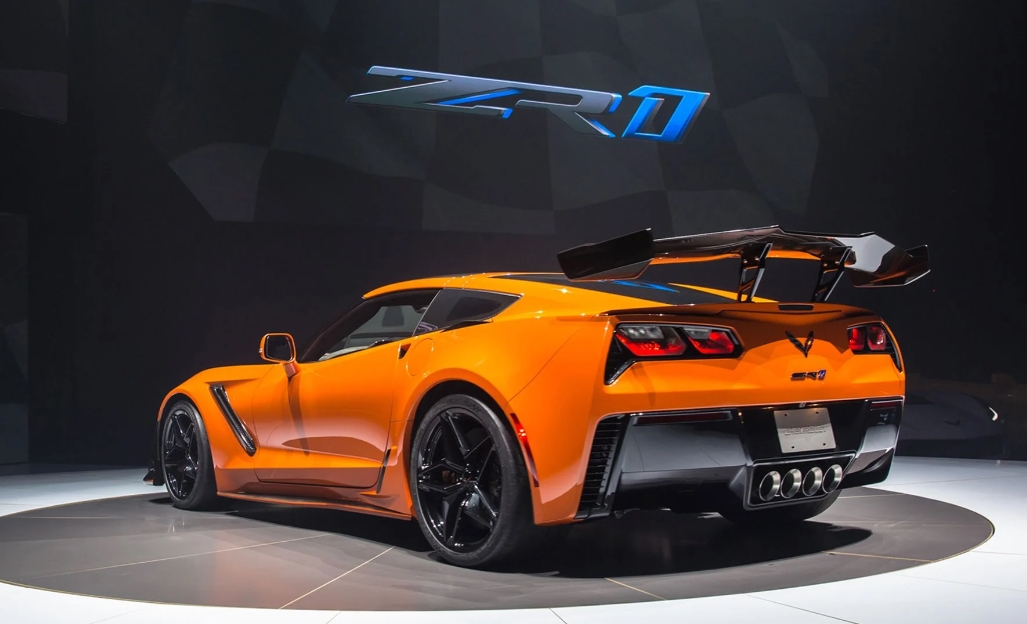


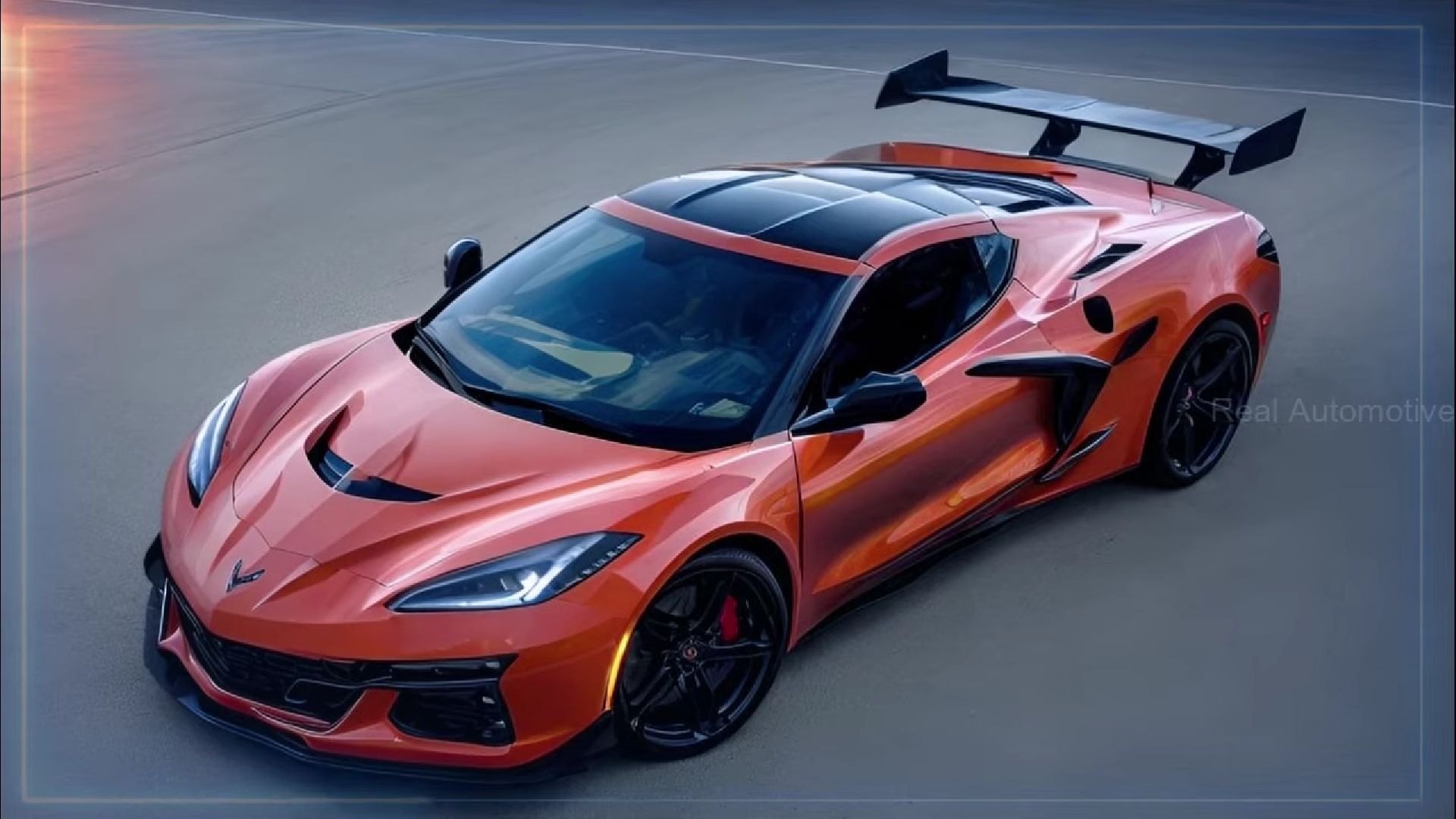
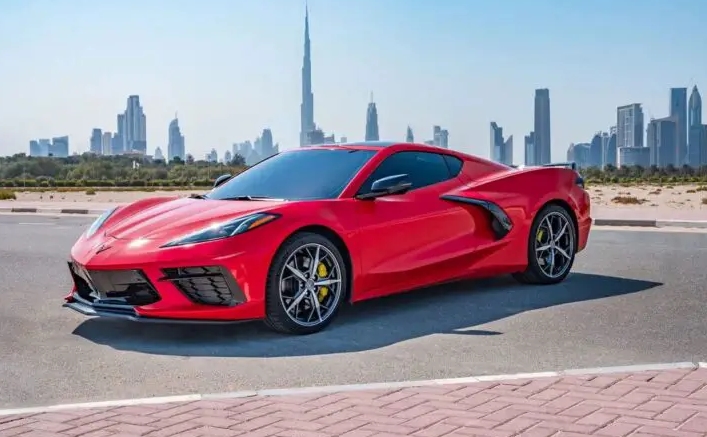
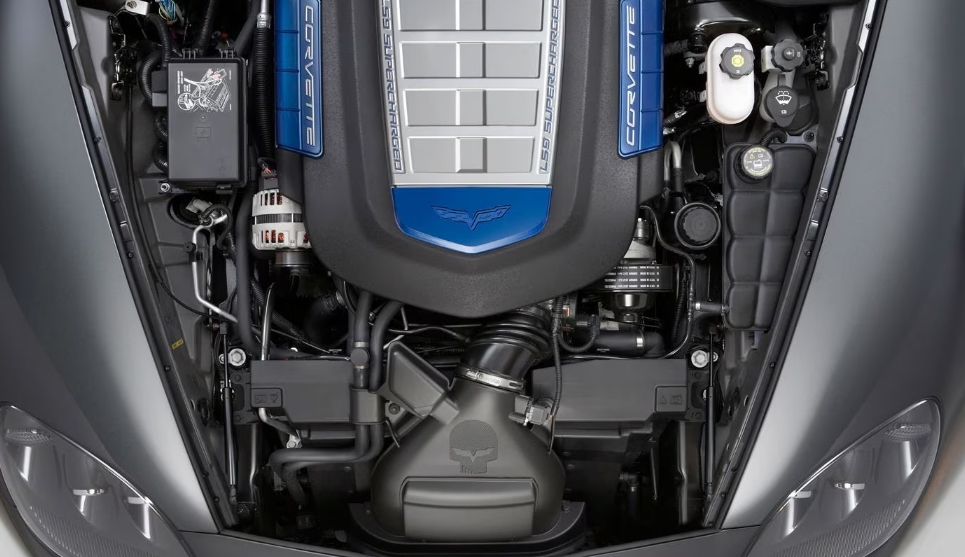
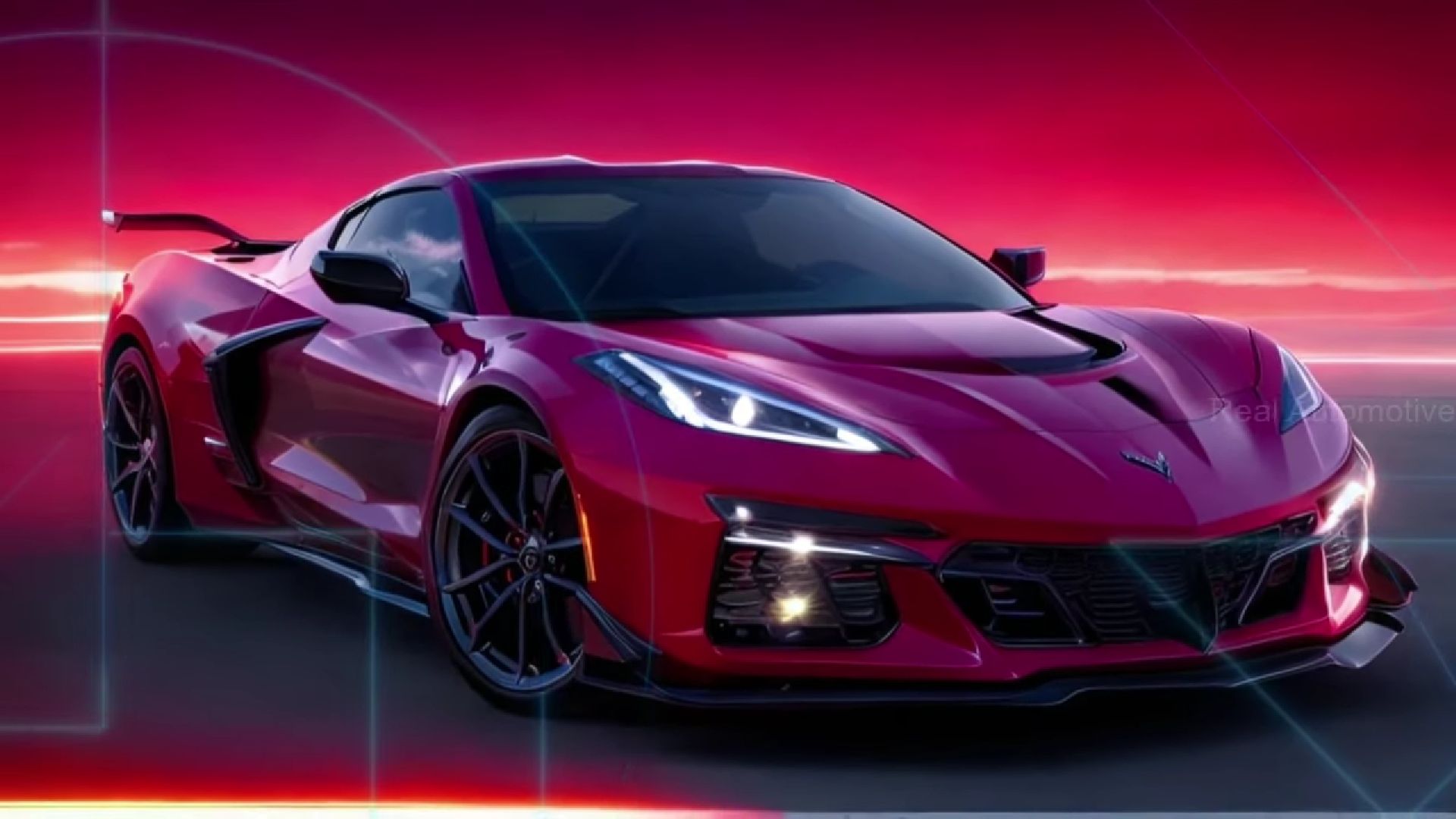

Closure
Thus, we hope this article has provided valuable insights into The Future of Performance and Efficiency: Exploring the 2025 Corvette ZR1’s Fuel Economy. We appreciate your attention to our article. See you in our next article!